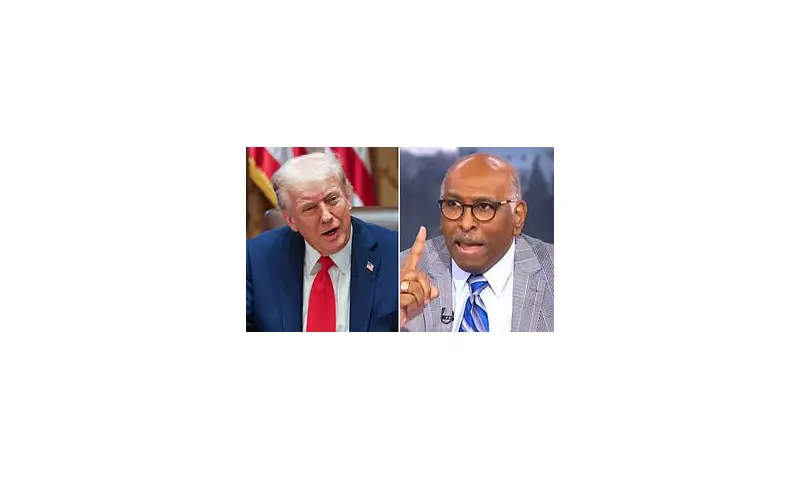
MSNBC political analyst Michael Steele finds himself at the centre of a media storm after making a significant factual error during a live broadcast that has drawn widespread criticism and mockery across social media platforms.
The former Republican National Committee chairman, who now frequently appears as a commentator on the liberal network, incorrectly claimed that Donald Trump had demanded the implementation of martial law following the 2020 presidential election.
The Controversial Comments
During a heated panel discussion about election integrity, Steele asserted with confidence that the former president had explicitly called for martial law to remain in power. "He wanted to invoke martial law," Steele declared on air, presenting the claim as established fact.
However, fact-checkers and historians were quick to point out that while some Trump allies reportedly discussed the possibility privately, there is no public record of Trump himself ever formally demanding or invoking martial law during the post-election period.
Social Media Backlash
The error sparked immediate reaction on X (formerly Twitter), with users accusing Steele of either deliberate misinformation or serious professional negligence. Many critics highlighted the irony of a mainstream media personality making such an unsubstantiated claim while frequently criticising others for spreading election misinformation.
Conservative commentators particularly seized upon the mistake, using it to question the credibility of not just Steele but the network that employs him as a political expert.
Context of the Claim
While it's true that the turbulent post-election period saw various extraordinary proposals from Trump's inner circle, including discussions about seizing voting machines, the martial law suggestion emerged from figures like Michael Flynn and remained part of private conversations rather than official policy demands.
The distinction between private discussions among advisors and public presidential actions appears to have been lost in Steele's recollection of events, leading to this significant factual misstatement.
Broader Implications
This incident raises important questions about media accountability and the responsibility of political commentators, particularly those with substantial platforms, to maintain factual accuracy even when discussing politically charged topics.
As the 2024 election approaches, such errors risk further eroding public trust in media institutions and contribute to the increasingly polarized information landscape that makes factual political discourse increasingly challenging.






